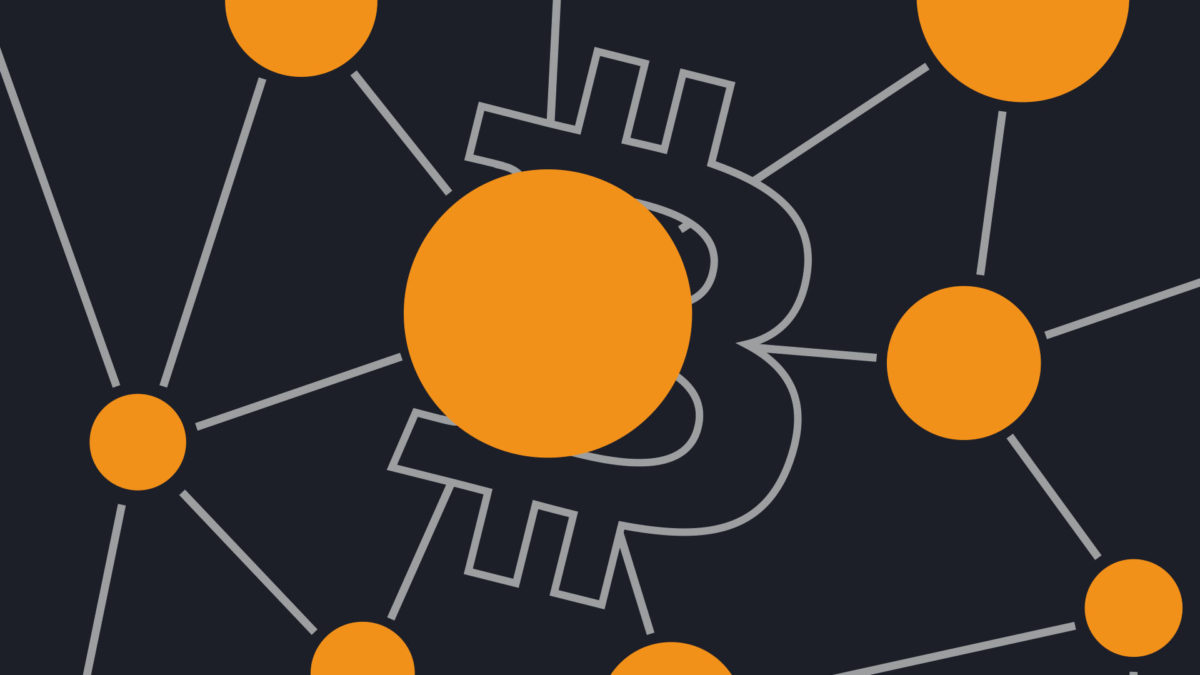Explained: Civ Kit, the Nostr marketplace created by Bitcoin devs

Nicholas Gregory, Ray Youssef, and Antoine Riard have proposed a new “peer-to-peer electronic market system” on Nostr, the Bitcoin-friendly social networking protocol. Their introductory whitepaper describes a censorship-resistant system that uses Nostr for its order book and the Bitcoin blockchain for contracts and record-keeping.
The whitepaper’s notable authors call their new market proposal Civ Kit. They describe the new market as an enabler for global trade of goods, services, and foreign currency (FX) exchange. Specifically, they propose a way to sell any good or service through the following method.
Civ Kit: Step-by-step
- A seller lists their item for sale via a bulletin board (a Nostr server associated with a Bitcoin Lightning Network onion gateway).
- The bulletin board publishes the listing to all of its Nostr followers.
- A willing buyer examines the listing and submits a hashed timelock contract (HTLC) via the Bitcoin Lightning Network that supports Civ Kit’s trade escrow contract.
- The seller delivers the good or service and requests funds from escrow. The buyer releases escrowed funds.
Civ Kit leverages Nostr’s reputation-based public keys. Within Nostr, content creators have a persistent public key allowing permissionless porting of followers across any social media application that supports Nostr public keys. Civ Kit marketplace participants have a financial incentive to build and maintain a positive reputation in the same way that eBay users have a financial incentive to maintain a positive reputation.
Jack Dorsey funded some of the earliest developments of Nostr. His endorsement granted the protocol and its most popular social network app, Damus, immediate popularity among Bitcoiners. Although the protocol doesn’t use Bitcoin’s blockchain, the protocol endeared itself to Bitcoiners through its censorship resistance, Bitcoin-like nodes and public/private key cryptography, and early support for Bitcoin and Lightning Network payments.
Read more: What is Nostr and why do Bitcoiners love it?
Like Silk Road or OpenBazaar, but better
Of course, there have been many peer-to-peer electronic markets in the history of Bitcoin, including OpenBazaar and Silk Road. This latest whitepaper by Gregory, Youssef, and Riard cites prohibitively high barriers to entry in global marketplaces today, a lack of access to dispute mediation systems, and a design that effectively shuts out large segments of the world’s population. The whitepaper also cited centralized parties that control reputation/review systems, as well as fiat on-/off-ramps with limited transparency.
Civ Kit’s innovations unlock a new combination of Bitcoin, Nostr, and blockchain contracts.
- Civ Kit promises reduced centralized control by parties that have a vested interest in censoring content, including products and services sold on the marketplace.
- Cryptographically-secured Bitcoin Script contracts will provide escrow services and automatically execute upon satisfying certain conditions.
- Civ Kit promises to reduce upfront costs of entry into the marketplace.
- The marketplace uses technology to diminish the costs of middlemen.
- ‘Infrastructure-as-a-service’ protocols will provide incentives for nodes to enforce accurate, transparent operations .
- Civ Kit promises to reduce discrimination based on location, types of trade, or trade flows.
Decentralized markets are not new
Previous efforts to create a decentralized marketplace include Silk Road and OpenBazaar. Developers created OpenBazaar in 2014 as part of a hackathon. They initially called it DarkMarket, and then abandoned the concept. Another team of developers picked up the prototype and rebranded it to OpenBazaar in an attempt to distance it from failed darknet markets like Silk Road.
OpenBazaar ceased operations in 2020 due to lack of funding. However, recent news indicates that it could relaunch as Version 3.0. Indeed, its Twitter account seems to be back online.
Even some early Bitcoin-related code indicates that Satoshi Nakamoto considered including a marketplace in the early ‘peer-to-peer digital cash system.’ Nakamoto told Mike Hearn about work on an eBay-like marketplace before disappearing in 2011. Interestingly, an anonymous team of developers finished that project and launched it as Particl.
Got a tip? Send us an email or ProtonMail. For more informed news, follow us on Twitter, Instagram, and Google News or subscribe to our YouTube channel.
